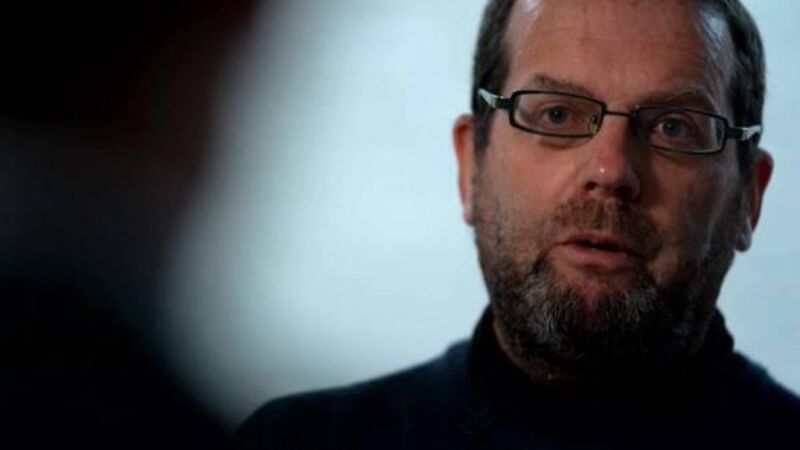Clodagh Finn: State morphs from Jekyll to Hyde when opposed

Shane Corr, a senior civil servant at the Department of Health, went public with details of the secret dossiers. Picture: RTÉ Investigates/RTÉ
When you think about the Department of Health, Jekyll and Hyde might not be the first image that comes to mind and yet, the fictional moment when the good doctor turns into a malevolent force is a fitting representation of what happens when a citizen takes legal action against the Irish State.
Just look at what happened when the parents of children with autism felt they needed to take legal action to secure services for their children; the State morphed from benign — if not always effective — service-provider into formidable adversary.















